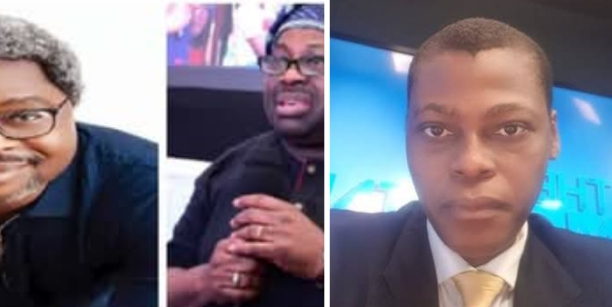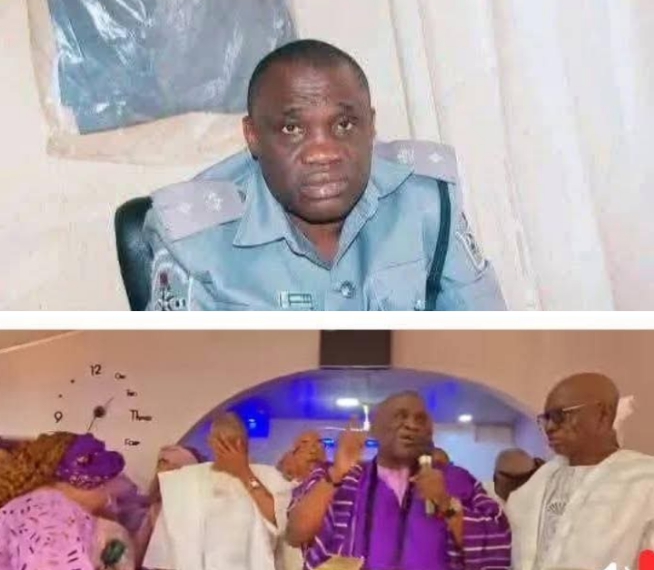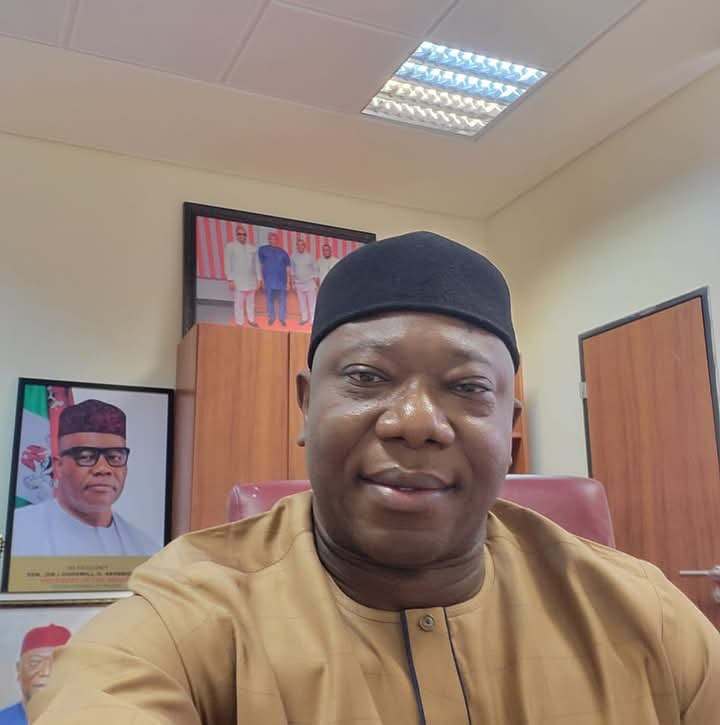In recent times, debates have flared up within Nigeria’s media landscape concerning the identity and qualifications of a journalist. This question ong overdue for clarification was reignited by the verbal exchange between Lere Olayinka and Arise TV’s Rufai Oseni, whose conduct many critics have described as unprofessional. Fueling the discourse further is the controversial media trajectory of Dele Momodu, who has come under scrutiny for his overtly political engagements. This piece seeks to unpack the essentials of journalism as a profession and who truly qualifies to wear the title of “journalist.”
Like other noble professions medicine, law, architecture journalism is governed by codes of conduct, ethical principles, and often, professional certification. Lere Olayinka argues that only those with formal education in mass communication, journalism, English, or related disciplines, particularly through certified institutions or programs endorsed by the Nigerian Union of Journalists (NUJ), should be recognized as journalists.
While there is merit in emphasizing academic preparation, it is also true that journalism, like many modern professions, has evolved. Experience, apprenticeship, and continuous professional development through accredited programs many of which are now hosted by radio stations certified by NUJ and NBC have become alternative pathways into the field. Just as a nurse cannot claim to be a surgeon despite years of observation in the theatre, practical experience in journalism without adequate training is insufficient. However, when combined with structured learning, it can produce credible professionals.
It’s important to distinguish between professions that deal directly with human lives (medicine, law, engineering) and those engaging primarily with inanimate subjects (journalism, banking, accounting). While the latter may appear less rigid in certification requirements, they still demand ethical standards and professional skill.
Understanding the Types of Journalists
Journalists today can be categorized by the platforms they use and the roles they play:
1. Print Journalists: Writers for newspapers, magazines, and journals who craft articles, features, editorials, and columns. In Nigeria, figures such as Omoyele Sowore, Dele Momodu, and Fetus Adebayo stand out.
2. Broadcast Journalists: Reporters and presenters in radio and television, often referred to as On-Air Personalities (OAPs). Their work is both visual and auditory.
3. Photojournalists: Professionals who tell compelling stories through photography, often capturing crises, wars, and significant societal events.
4. Multimedia Journalists: Practitioners who blend text, video, and audio for online platforms. Influential names include Edmund Obilo, Babajide Otitoju, and Saheed Oladele.
5. Investigative Journalists: The watchdogs of society who dig deep to uncover corruption, injustice, and societal wrongs. This is perhaps the most demanding branch of journalism, with names like Alfred Ruwani, Edmund Obilo, Oriyomi Hamzat, and Isaac Brown being notable examples.
6. News Anchors/Presenters: The recognizable faces and voices of TV and radio news who deliver curated content. Personalities such as Seun Okinbaloye, Reuben Abati, and Rufai Oseni fall into this category.
7. Editorial and Opinion Journalists: Writers who interpret events, offer analysis, and shape public opinion. Many Nigerian commentators, including myself, contribute regularly via this route using traditional media and social platforms.
8. Citizen Journalists: Non-professionals who use smartphones and social media to document and share news, often during emergencies or protests.
9. Freelance Journalists: Independent reporters who contribute to multiple outlets, often working across beats and regions.
So, Who is a Journalist?
A journalist is fundamentally a trained communicator who investigates, gathers, and disseminates verified information to the public across various media channels. They inform, educate, entertain, and hold power to account. By this broad and inclusive definition, both Rufai Oseni and Dele Momodu qualify as journalists, irrespective of their initial fields of study. Their years of practice, visibility, and public engagement speak to a career in journalism.
However, professionalism should never be compromised. Rufai Oseni, despite his eloquence and visibility, has been frequently criticized for his overly combative interview style, perceived bias, and moments of emotional outbursts. A journalist’s role is not to provoke or antagonize but to probe and inform with civility and balance. There is a fine line between assertiveness and aggression. Rufai, no doubt, needs to develop better emotional intelligence and behavioral refinement in his interactions.
Veterans like Aanuoluwapo, Edmund, Omorinde , Fulani, Reclis, Ifeanyi ,Maestro to mention a few have mastered the art of challenging guests diplomatically a lesson younger journalists must embrace.
In conclusion, the ongoing spat between Lere Olayinka and Dele Momodu should not distract from the core issue. We must move beyond petty gatekeeping and define journalism not merely by paper credentials but by consistent practice, integrity, and adherence to ethical standards. Mr. Oseni Rufai, on his part, should temper passion with professionalism and remember that the power of the press lies not in volume or vitriol but in truth delivered with grace. They can all learn from the likes of Dele Giwa, Ken Sarowiwa and co.



